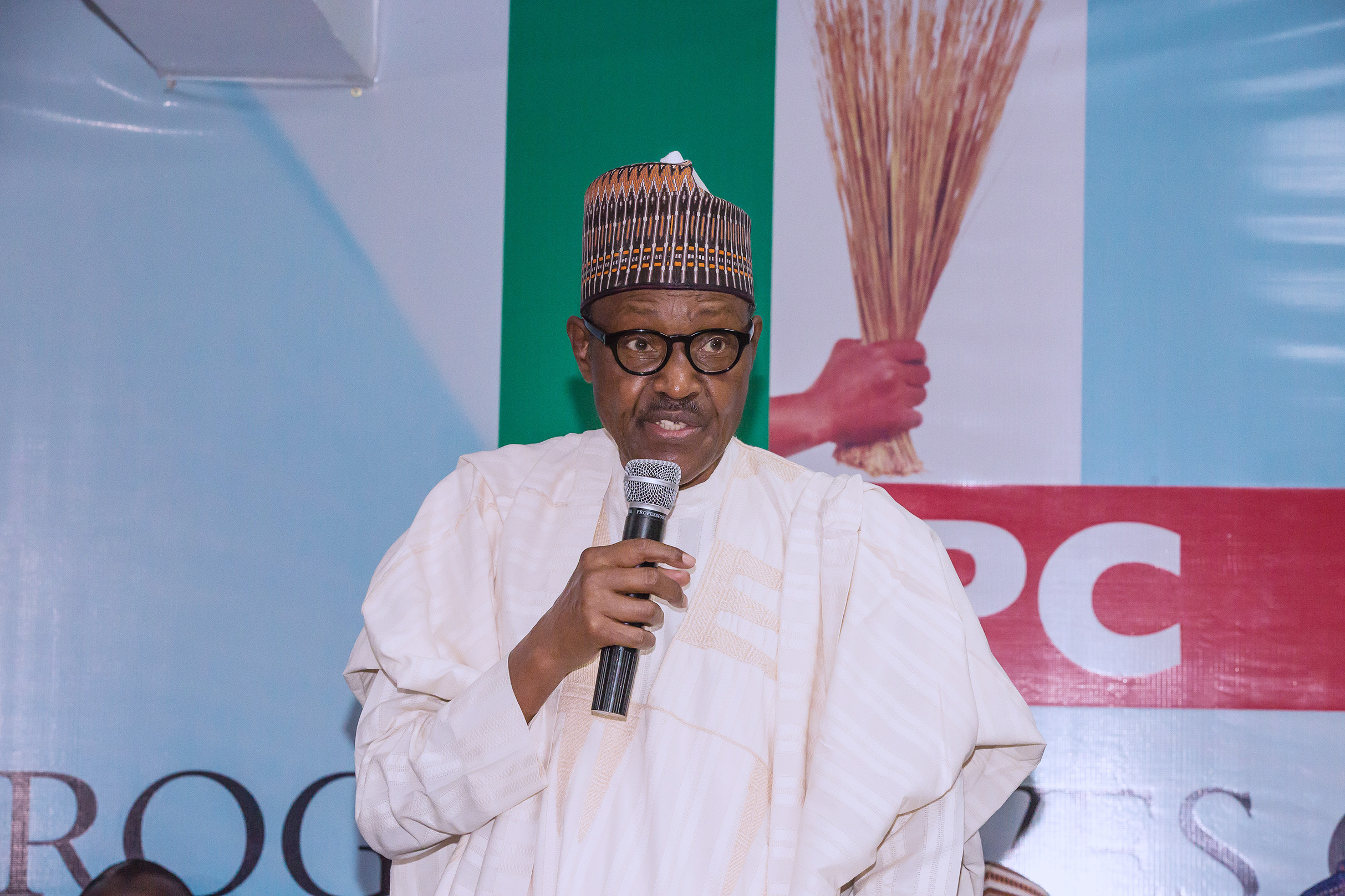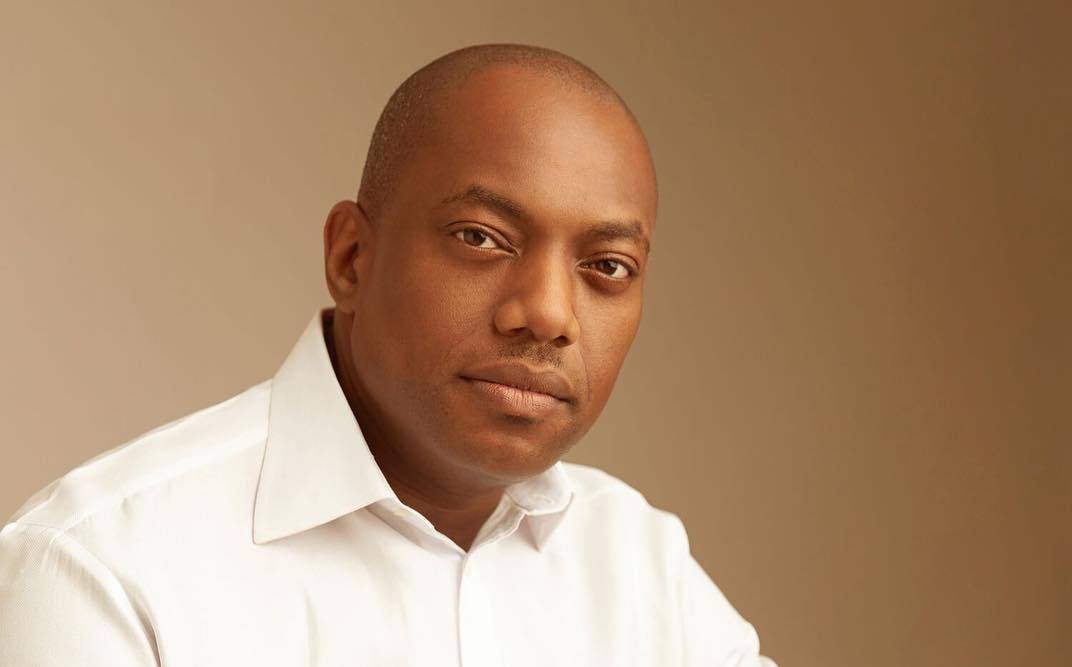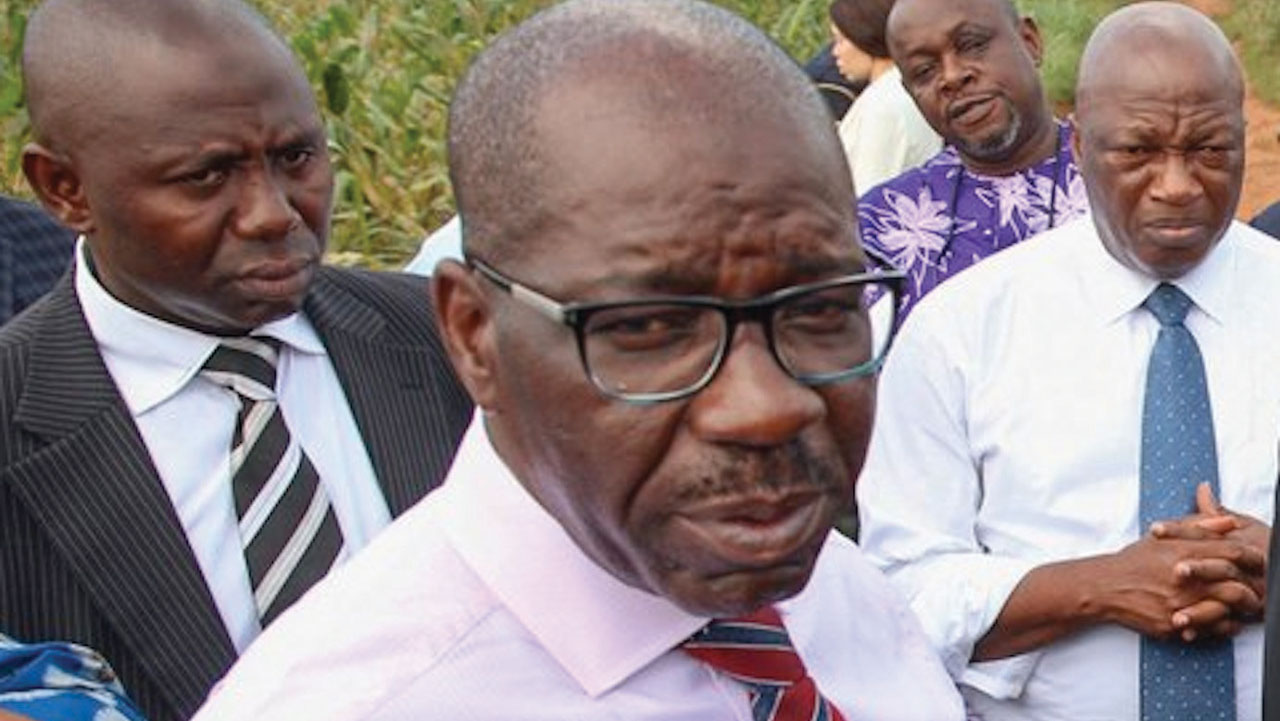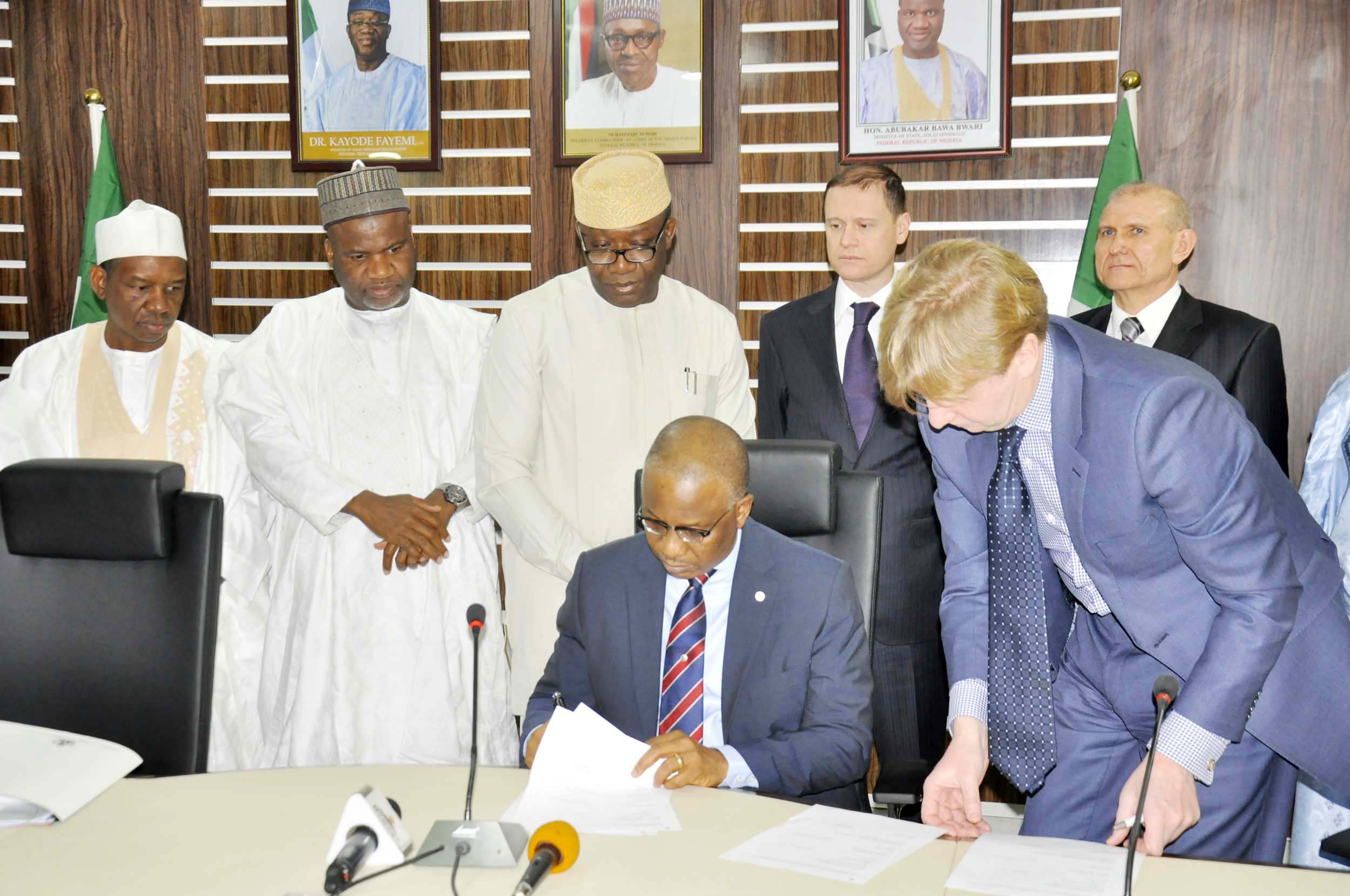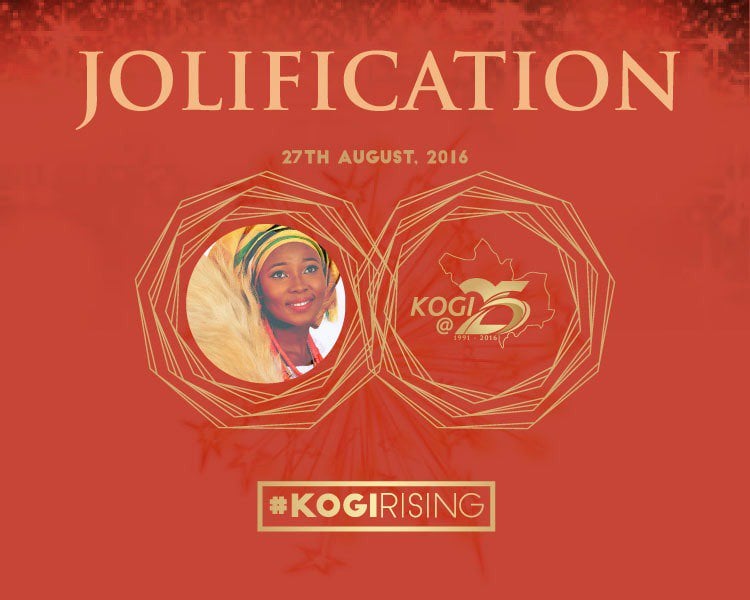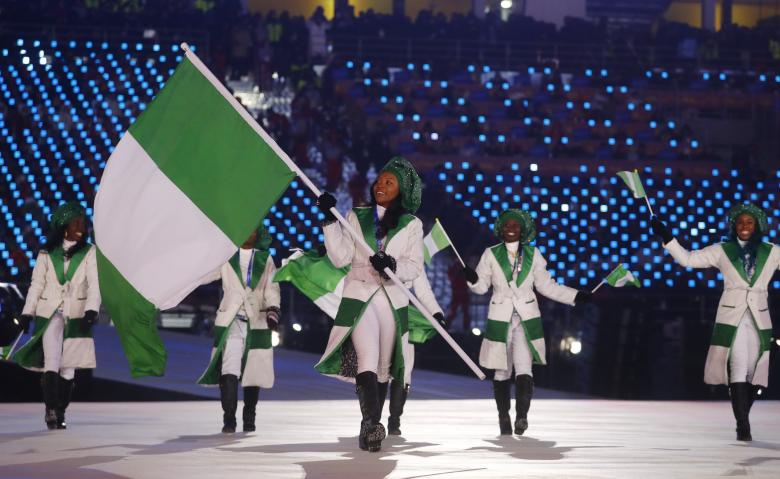PRESIDENT BUHARI ATTENDS APC NEC MEETING 3. ; President Muhammadu Buhari speaking during the APC National Executive Meeting held at the Party Secretariat Abuja. PHOTO; SUNDAY AGHAEZE. FEB 27 2018.
“The world suffers a lot. Not because of the violence of bad people, but because of the silence of good people.” — Napoleon Bonaparte
What appears like an admonition to defend the country’s Chief of State as suggested by the title of this piece should not be construed in any way that Nigeria’s President Muhammadu Buhari is in any physical danger. It is rather an appeal (a passionate one you may call it) to those Nigerians with good and well informed sense of history — most especially in the first sixteen years of this democratic dispensation — to rally round an achieving president in the face of, paradoxically, the most virulent onslaughts probably never witnessed by any sitting civilian president by the same set of people whose out-of-this-world corruption and crass malfeasance had actually taken the country back by several light years in her developmental trajectory.
President Buhari is probably the only luckily unlucky Nigerian leader to have presided over the affairs of the country not only two times in one lifetime in whose leadership brought no war, pestilence or socio-economic dislocation that the stars had conspired, once again, to bring him into the nation’s top political seat, but also because of leadership qualities so rare in the Nigerian political landscape that stood him, and continues to stand him out that he’s in a class all by himself that Nigerians have never seen, let alone getting used to. This is a great paradox of historical proportion.
In his first coming as a military head of state in 1983, the order, discipline and fiscal probity that defined his government were deemed to be too draconian and discomfiting that Nigerians cried out onto their baals for a liberator. Since the baals they put much stock in are gods of injustice, chaos, suffering, weeping, wailing and gnashing of teeth, Gen. Ibrahim Babangida was gifted them and they rejoiced and celebrated. Like the proverbial rat that lulls its victim into a deep slumber by blowing intermittently into the sore point it nibbles, Babangida, through the most heinous subterfuge and obfuscation, wreaked havoc on the country’s moral, economic and political foundations that finally culminated into the most reckless and audacious truncation of the people’s rights to freely choose their leader. By the time they finally woke up from their deep sleep, Babangida had perpetrated such incalculable socio-economic damage that the country may never get out of.
Advertisement
As it was in Shehu Shagari’s Second Republic before Buhari mounted the saddle when the people witnessed the first unprecedented recklessness in all aspects of governance in the nation’s history, the socio-economic wreckage brought on the Fourth Republic by what’s now known as the political wing of the military called the People’s Democratic Party (PDP) under the auspices of both Gen. Obasanjo and the “shoeless boy” from Otuoke Dr. Jonathan had recorded a new watershed in the cycle of corruption that has been plaguing the land from its birth. Once again, the stars constellated and the lot fell on Buhari to rescue the country from total collapse. It now seems to be déjà vu all over again as the people are being told by those who deliberately wreaked the most reckless economic havoc on the country (Obasanjo and Babangida being their chaperons) that Buhari is the monster who wants to not only Islamise the country, but also making life so hard for them and therefore must be kicked out. The irony of it all is that people whose very future has — for all practical purposes — been mortgaged by these leaders are seen and heard to be parroting the “do not re-run” mantra. A president cannot be this unlucky. The historical excursion through which the reader have just been taken is not to portray the president as having no blemish and has not made mistakes, but with a view that people can juxtapose whatever shortcomings Buhari may have with his superlative accomplishments and see where the scale tilts.
Aside the utterly baseless and idiotic allegations that Buhari’s secret agenda is to Islamise and have his Fulani ethnic stock rule the country in perpetuity which are not even worth dignifying with any response, perhaps what needs to be interrogated within the constraint placed on articles as opposed to treatises are those age-old inhibitors of societal growth and development since flag independence of poverty, insecurity, poor economic management, lack of progress and hope for the future, lack of national cohesion, inequality, nepotism and clannishness that are insidiously being laid on the doorsteps of Buhari and falsely being used to characterise his administration.
While any sane and discerning mind cannot in any way ascribe the aforementioned to Buhari as the pioneer of the socio-economic maladies that has now been encapsulated as the “lice of poor performance” by the nation’s first public letter writing denizen by any stretch, perhaps the nepotism and clannishness charges may have to be properly situated for their merit and fairness or otherwise. It is important to remind those of us with listening ears of the inevitability of “nepotism and clannishness” because of a constitution that not only speaks in such a weak and inaudible voice about these vices, but also bring into public consciousness the fact not known to the uninitiated that the office of the president in a presidential system of government is an “elective dictatorship” where the “rule book” gives the occupier, in essence, a wide latitude to do pretty much what s/he wants. Thus, Buhari has not done anything illegal.
Advertisement
While it is indisputable that nepotism and clannishness also existed in the administrations of both Obasanjo and Jonathan (and other governments that preceded them), we must also be reminded that Godluck Ebele Jonathan it was who took nepotism and clannishness to new and previously unimaginable heights by not only his non-inclusion of the southwest in his presidency until the eleventh hour after he had made up his mind to seek re-election with the appointment of a Chief of Staff, the former president also gifted the country’s maritime security to a stark illiterate at a whopping N43billion price tag in which the country’s Navy was reduced to a stale and ineffectual spectator. Nepotism and clannishness could not have come in 3-D than what was experienced during the Jonathan years. What’s more, the “packing” of the federal civil service with people from the southeast and south-south geo-political zones, which still subsists till date, was probably reminiscent of the inglorious 1937 “Court Packing Plan” of US President Franklin Delano Roosevelt. There was no outcry from the people now mouthing nepotism and clannishness then. But who cared about nepotism when there was a free-for-all looting of the lethargic Nigerian elephant by which it was also permitted that you not only flaunt your new unearned wealth in the most despicable manner, but that your president had categorized stealing as different from corruption. You were at liberty to haul your huge cash to places around the world. Those you could not legitimately warehouse in banks and other financial houses around the world you simply buried in obscure places.
Since one can make a safe bet that the country’s southern segment appears to have registered the loudest noise of Buhari’s nepotistic tendency, it would have also made perfect sense — since fairness seems to be the name of the game — to describe Buhari’s ceding most of the critical ministries and agencies that are the country’s economic lifeline in which people from this region predominate as equally unfair. These “shouters” should have asked their people to walk away from these so-called juicy portfolios as a form of protest for Buhari’s unfair distribution of well-heeled portfolios. While it must be acknowledged that almost all the appointments into the defence and security apparatuses of the State are heavily skewed in favour of the country’s northern zone, it should also be understood, as said earlier, that a disproportionate segment of Buhari’s presidency including the top echelons of the federal civil service and parastatals are populated by people of south-south and southeast extractions to the detriment of the zone on whose back the president rode into power. But they would not go that far in their social justice and fairness crusade.
While the stockpiling of the nation’s military and other security establishments by Buhari with people he thinks he can trust, and therefore feel more secure by them may be within his right and prerogative as a president and it’s therefore of no consternation to me in the least, the perplexing thing is the president’s seeming unwillingness to let go of people from his ethnic group whose actions and decisions have reduced, if not damaged his leadership perception index. For instance, Babachir Lawal shouldn’t have stayed a day longer on his seat after the submission of the report of the Osinbajo Commission which had probably recommended a sack in its concluding summary which was all the president needed to have read. By the same token, AGF Malami had displayed more than enough incompetence more so in the wake of the ‘Mainagate’ that it beggars belief why he’s still on his seat. The president need not hold on to his major functionaries — who matter the thickness of the blood between them — whose incessant poor judgments are negatively impacting his government unless his legacy is the least of his worries.
Having mentioned the unfortunate indiscretions above, it’s equally of utmost importance that one should be scrupulous in articulating the facts that while Buhari is far from perfect, his administration has recorded several verifiable successes, many of which are quite unprecedented in the annals of the nation’s governance. For a people who have been abuse and whose existence have been reduced to the Hobbesian state of nature by their leaders through acts of commission or omission and are desirous of a just, prosperous and equitable society, Buhari’s accomplishments, it seems to me, should be the preferred yardstick with which he should be measured. Aside the apparent hugely significant reversal of the fortunes of Boko Haram that became the “cash cow” for the immediate past government, agriculture has bounced back from several decades of deliberate neglect, having contributed as much as 40 percent to Nigeria’s Gross National Product (GNP), the single largest revenue earning aside from oil, not to talk of its attendant employment generation that has seen many youths embracing this time-tested stabilizer of any nation’s economy. Also for the first time in the nation’s history, solid minerals have contributed 3 percent to the country’s earnings since the advent of this administration.
Advertisement
From the foregoing, one should attempt a nugget of comparative analysis of the first two years of Buhari with his immediate predecessor in terms of the financial resources that were available to both leaders with the aim of bringing into the fore what had been accomplished by his government. According to the data on the website of the Organization of Petroleum Exporting Countries (OPEC), the country earned $58 billion from June 2015 to July 2017. Under Jonathan the country’s receipts from crude oil sales was a total of $170.8 billion in the first two years of his administration. Between what the country earned in the first two years of both leaders was an excess of $112.8 billion for former President Jonathan. What this means is that Jonathan earned triple the amount in his first two years in comparison with Buhari’s earnings within the same time period. What is more, in 2012 (Jonathan) the country’s earnings were $96.9 billion. It was $89.9 billion in 2013(Jonathan) and $77.9 billion it was in 2014 (Jonathan) while the country’s total receipts from January through May 2015 (Jonathan) were $21 billion. Thus, the country’s total earnings from crude oil sales in four years of the Jonathan administration were $453.5 billion. However, Jonathan’s federal government was already borrowing to pay salaries of federal workers towards the tail end of his administration while the specially established Excess Crude Oil account meant for the rainy day had been depleted to a mere $1 billion. What’s more, the country’s foreign reserve could only last a mere three (3) weeks of procurement of goods and services from the international community as that had also been vandalised to such extent that it remained only $21 billion despite his six years in the saddle.
It is also important to remind us that the amount earmarked for capital projects in Buhari’s 2016 budget was expended not on new projects — as should have been the case — but was utilized in paying previously abandoned or neglected capital projects of the Jonathan years. The contractors, having made it known to Buhari in no unmistakable terms that the only way they would mobilize to site was if payments — or a substantial portion — of the debts owed them by the Jonathan administration were retired. Yet, Buhari made payments to the contractors regardless of the locations of these abandoned projects in the country without a fuss, whereas, former President Jonathan denied the constitutionally mandated ecological funds to non-PDP controlled states in his days.
For an administration that believes in focusing on its job of rebuilding a nation that was left in ruins by its predecessors was more important, hoping that its works would speak for it, the fact remains that the Buhari government has recorded more successes—-some of which are quite unprecedented—-in most areas of the nation’s political economy in less than three years than the sixteen (16) years of its predecessors combined. Also because of his acute understanding of what must be done and the kinds of people he needed to reset the country’s developmental button to the right trajectory, the Federal Inland Revenue (FIR), Nigerian Customs and Excise, and the West African Examination Council (WAEC) to name a very few, had dumped more revenues into the treasury in the Buhari administration than at any time in the country’s history. This is quite unprecedented.
The case of WAEC is particularly galling, if not embarrassing, in that while the examination agency for tertiary institutions remitted a whopping N70 billion in just one year (2017) to the country’s coffers, N50 million could only be sent to the treasury by the same agency in all the six (6) years of Goodluck Jonathan at the country’s helm of affairs. Little wonder that staffers of the agency started to make excuses that vacillated between the outrageous and the ridiculous when asked to open their books on monies collected in the Jonathan years that included blaming a snake for swallowing N36 million.
Advertisement
Nigeria’s foreign reserve is now above $40billion, an added net increase of $10billion from what was inherited from GEJ in spite of the price of crude oil that has not risen above one quarter of its former price per barrel during the Jonathan years. One can then imagine if PMB had extra $50billion per annum in his first two years. Need one say something about the 7000MW of electricity being currently generated by the government’s GENCO that has brought a new lease of life to Nigerians? There comes a time in the life of a country when it is no longer an option to keep silent when the people seems to be in another clear and present danger of being subjected, once again, into another bondage by the very people who looted them blind and into a state of unconsciousness. It’s against this backdrop that true believers in this administration must stand up to be counted as a part of that critical mass to defend the president (warts and all) in these very interesting times.
Odere is a media practitioner. He can be reached at [email protected]
Advertisement
Views expressed by contributors are strictly personal and not of TheCable.

